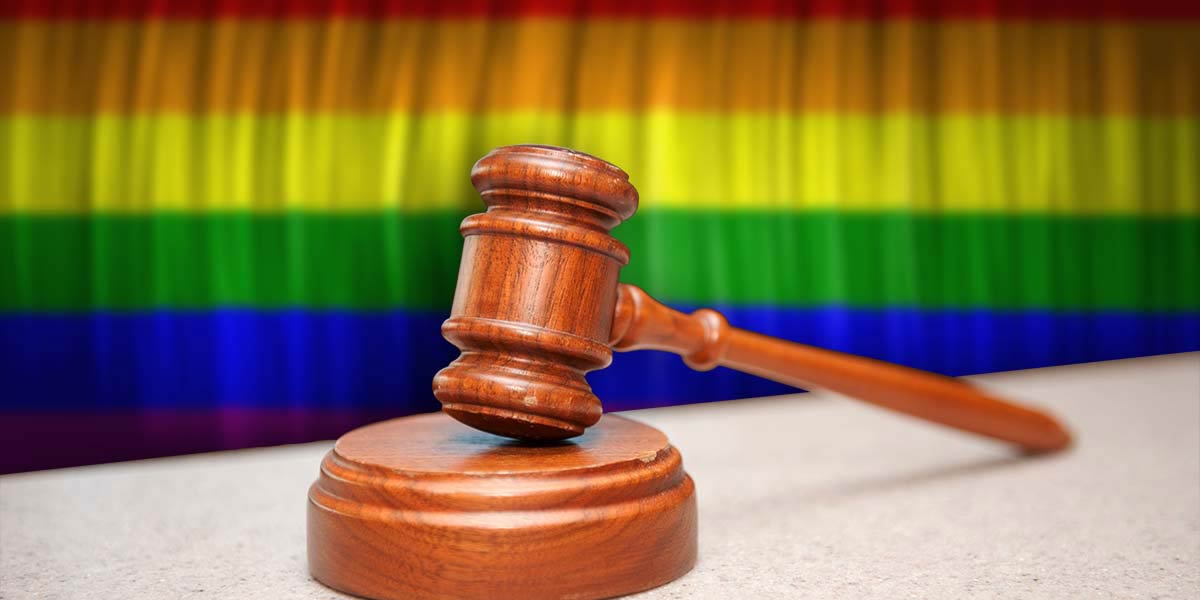Eswatini | A year later, still no ruling on LGBTI registration

The High Court in Eswatini is accused of “disinterest in the human rights of LGBTI citizens” after delaying a vital equality ruling for a year.
Wednesday marked 365 days since the court heard oral arguments in a case centred on the government’s ongoing refusal to register Eswatini Sexual and Gender Minorities (ESGM), an NGO that advocates for the rights of the LGBTI community.
ESGM first applied to be registered with the Registrar of Companies in September 2019. It refused to register the organisation, arguing that ESGM’s objectives are unlawful because same-sex intimacy is illegal in the country.
While the act of “sodomy” is indeed outlawed in Eswatini, advocating for the interests of the LGBTI community is not. ESGM argues that the registrar’s refusal has violated its members’ constitutional rights to dignity, to associate and express themselves freely, to be treated equally and to not to be discriminated against.
ESGM and its members, represented by human rights lawyer, Thulani Maseko, and supported by the Southern Africa Litigation Centre, approached the High Court challenging the registrar’s rejection. The matter was postponed twice. It was first scheduled for June 24, 2020, and then rescheduled to July 23, 2020. The case was eventually heard on October 20, 2020.
“The inertia displayed by the judiciary on this matter shows an apparent disinterest in the human rights of LGBTI citizens,” said ESGM in a statement. “Further, the lack of urgency to hear this matter demonstrates a lack of will to exercise the Constitution and deliver the justice it is meant to instruct.”
The organisation believes “it is incumbent on the courts to act in the interests of equality and respect for the Constitution.” It called for the High Court to hand down judgment in the case as a “matter of urgency”.
Eswatini is one of the world’s last remaining absolute monarchies and has often been criticised for its poor human rights record.
Citizens “suspected” of sodomy can be arrested without a warrant under the Criminal Procedures Act of 1938. While this is not actively enforced, LGBTI people continue to face widespread societal and legal discrimination.
Leave a Reply